Climate change and the health of Indigenous Peoples
Perspectives & Insights
SESSION RECORDING
In this session, the importance of creating space for indigenous knowledge emerged as a key theme for future global public health opportunities. Decolonising health and development were also highlighted. Colonialism has negatively impacted indigenous peoples, leading to forced dependency and lack of self-determination. This has implications for addressing climate and planetary challenges.
Building genuine relationships, working in collaboration and empowering locally led sustainable interventions with indigenous peoples is crucial for working together on climate change and health. This includes providing opportunities for indigenous scholars and researchers to share their knowledge and not solely relying on Western methodologies to generate evidence-based information on this issue.
SESSION SUMMARY
Cath Chamberlain
Head, Indigenous Health Equity Unit, School of Population and Global Health, University of Melbourne, Australia
SESSION MODERATOR
Francis Nona
Lecturer, Queensland University of Technology, Australia
Donald Wilson
Acting Dean, College of Medicine, Nursing, and Health Sciences, Fiji National University
Rhys Jones
Ngāti Kahungunu/Associate Professor, Te Kupenga Hauora Māori/Department of Māori Health, Waipapa Taumata Rau/The University of Auckland, Aotearoa/New Zealand
Jessica Walters
Project Coordinator, Citarum Action Research Program, Monash Sustainable Development Institute, Australia
INVITED SPEAKERS
ACKNOWLEDGEMENTS
We gratefully acknowledge the following organisations for providing travel and accommodation support for international speakers in this session.



